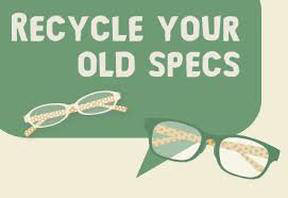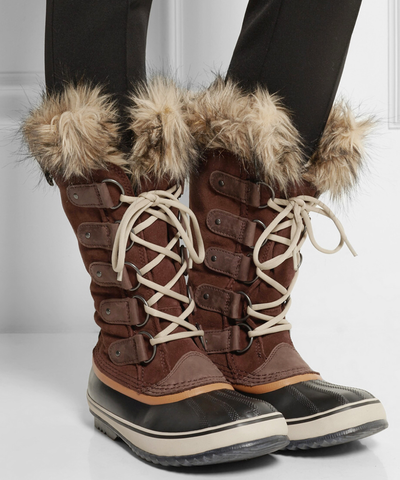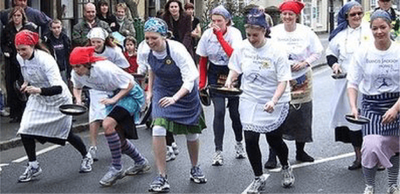 What to say and what to do? What to say and what to do?Condolences It can be very difficult getting the right balance when someone dies and you are not sure what to say to the bereaved. Many years ago there was an unspoken code of conduct when someone passed away. Direct mourners knew what to wear and how to behave. Added to this most people tended to live close by to relatives and did so for life. All of this meant that if someone had lost their husband, for example, everybody was well aware of the fact. These days friends and family are often scattered around the globe. Yes we have more forms of communication than ever before but we still lose touch at times. Bumping into someone who you haven't seen for a long time, and asking how such and such a person is, can leave you feeling terrible if you did not know that the person in question has died. When this happened to me years ago I was on the receiving end when a friend of my Mum's asked how mum was doing not knowing that she had passed away some months earlier; Mum had been a hospital inpatient for months. The look of horror on that poor woman's face haunted me for a while; it ended up with me trying to comfort her. Such instances are bound to happen occasionally but just how to express your condolences can be a worry. Personally I would say that there are no hard and fast rules. Much depends on:-
Blank cards offer the sender a means of further expression but take care what you write. It is so easy to get caught up with your own bereavements that the sentiment is expressed badly. When my Dad died, my Mum received a card that was full of the sender's cares and woes as that person had recently lost her husband also. This was understandable and we knew it was not meant badly. However if we had not known the person well, we may have been offended. In the City were I live relatives often place a notice in the Births, Deaths and Marriages columns of the local paper, or as my Mum would say Hatch, Match and Dispatch columns. This means that others can add their condolences here if need be. However these days less people are reading such newspapers. If you meet with the close relatives at, for example, the funeral, take a deep breath and go with your gut instinct. Sometimes a sincere hug will be enough. In time the person may appreciate a chat about past experiences but initially this may be too difficult to contemplate. Remember that if you are offering your condolences with the right intention it is the person left behind that you are hoping to help. Condolences are not a way for you to feel good. To my mind it is all about letting the partner or family of the deceased know that you are there for them, cared for the deceased and will miss them and that you empathise with the close ones feelings. Even if you have already lost someone you cannot know how another person is feeling. Grief is a very personal matter and affects everyone differently. Therefore it is best not to say that you "Know just how you feel". This statement may not go down well. In your heart though you know that you have an inclination as to how they feel and so you can act accordingly. When my Dad died when I was 17 I hated the fact that all and sundry wanted to tell me that they were so very sorry. How could they be sorry when they hardly knew me or my Dad? A few years later when my Mum also passed away I hated people telling me that it was for the best. All I knew was that I had lost my Mum and wanted her back. With time and age I now understand where both statements were coming from. However I use these examples to show that you need to take care with what you say. Your intentions may be to offer comfort but they may have the opposite effect. Overall, I think we just need to think carefully about expressing our condolences. Do not simply write or say any old thing. It would be better in this case to say nothing at all. In Yorkshire we might say, "when in doubt, say nowt" Instead consider the situation and the people involved, so that right words can come to mind. Hopefully having to offer your condolences will be few and far between in your life but, trust me, sooner or later you will have, need or want to. http://www.quickcondolence.com/200-condolence-examples
0 Comments
Leave a Reply. |
Archives
March 2020
Categories
All
|

 RSS Feed
RSS Feed








